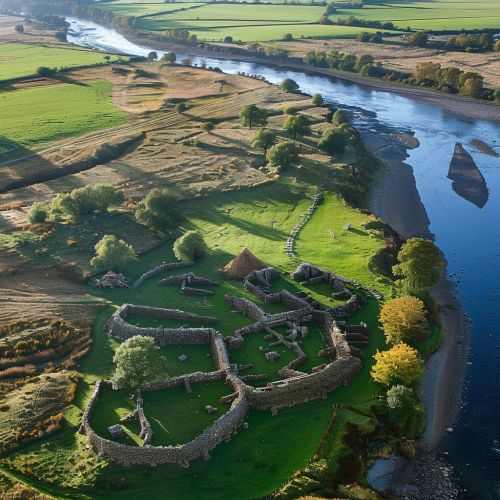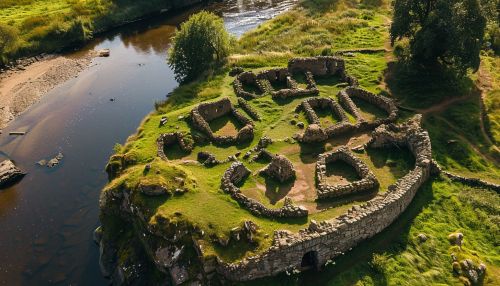History of Paris
Early History
The history of Paris begins with the Celtic tribe known as the Parisii, who around the 3rd century BC, settled near the River Seine. The Parisii traded with other river towns and had their own coinage, which suggests a degree of sovereignty.


By 52 BC, the Parisii were incorporated into the Roman Empire by Julius Caesar's Gallic Wars. The Romans renamed the settlement Lutetia (later Lutetia Parisiorum, "Lutetia of the Parisii"). Under Roman rule, Lutetia was transformed from a small fishing village to a thriving city with a forum, baths, temples, theatres, and an amphitheatre.
Middle Ages
With the decline of the Roman Empire, Lutetia was largely abandoned in favor of the Île de la Cité, which became the city of Paris. The city was Christianized in the 3rd century AD, and Saint Denis became its first bishop. In 508, Clovis I, King of the Franks, made Paris his capital.
During the Middle Ages, Paris flourished as a center for education and commerce. The University of Paris, established in the 12th century, became one of the most important centers for learning in Europe, attracting scholars from all over the continent.
Renaissance and Enlightenment
The Renaissance brought significant cultural and architectural developments to Paris. King François I (1515–1547) invited Leonardo da Vinci to France, where he spent the last years of his life. The king also commissioned the expansion of the Louvre Palace, marking the beginning of the Grand Dessein, an ambitious urban planning project for Paris.
During the Enlightenment, Paris became the center of an explosion of philosophic and scientific activity known as the Age of Enlightenment. The city was home to some of the greatest thinkers of the time, including Voltaire, Rousseau, and Diderot.
French Revolution and Napoleonic Era
The French Revolution, which began in 1789, led to profound social and political change in France, with Paris at its epicenter. The storming of the Bastille, a prison in Paris, marked the beginning of the Revolution.
Napoleon Bonaparte, a military and political leader during the latter stages of the French Revolution, declared himself Emperor in 1804. He initiated a series of reforms that had a lasting impact on French society, and his military campaigns across Europe made France a dominant power on the continent.
19th Century
The 19th century was a period of major transformation for Paris. Under Napoleon III and his Prefect of the Seine, Georges-Eugène Haussmann, Paris underwent a massive urban renewal program known as Haussmann's renovation of Paris. The city's medieval structures were replaced with wide boulevards, parks, and squares. The architectural style of this period has come to define the classic Parisian aesthetic.
20th Century to Present
Paris played a significant role in both World Wars. During World War I, it was just behind the front lines and was subjected to heavy bombing by Zeppelin airships and German long-range guns. In World War II, Paris was occupied by the Germans from 1940 until it was liberated by the Allies in 1944.
In the post-war years, Paris began to reestablish itself as a global center of culture, art, and innovation. Today, it is one of the world's leading business and cultural centers, renowned for its influence in politics, education, entertainment, media, fashion, science, and the arts.
